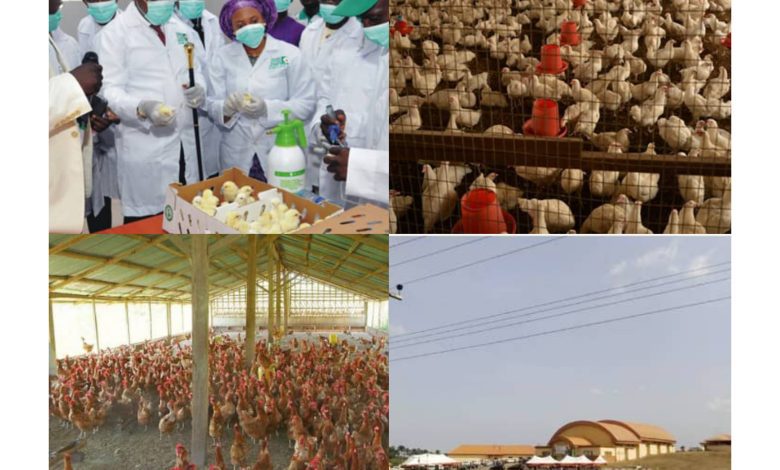Resuscitating Akwa Prime Hatchery: A call to further revive Umo Eno’s agricultural vision


By Asuquo Edem
Once envisioned as a cornerstone of Akwa Ibom’s agricultural revolution, the Akwa Prime Hatchery and Poultry Limited, located at Mbiaya, Uruan Local Government Area, now lies in a state of neglect — a shadow of the multi-million-naira investment it once was. The facility, designed to deliver 20,000 day-old chicks (DOCs) weekly, has become moribund, failing to serve the purpose for which it was established.
This development is particularly worrisome given the current realities facing livestock farmers across the state. The price of a day-old chick has soared to ₦2,200 and may rise to ₦3,000 in the coming weeks — a situation that threatens poultry sustainability and food affordability.
Ironically, despite the presence of a state-owned hatchery equipped with modern incubators and facilities, the State Ministry of Agriculture reportedly sources DOCs from Ibadan, Oyo State, for onward distribution to farmers in Akwa Ibom. This practice not only questions the viability of the Mbiaya facility but also undermines the spirit of economic self-reliance the project was meant to promote.
The Akwa Prime Hatchery was originally conceived to boost poultry production, create employment opportunities, and ensure the steady supply of affordable chicks to farmers. Its decline represents a loss of public investment and a missed opportunity to strengthen the agricultural value chain — from feed mills to processing and marketing.
Akwa Ibom State Governor Pastor Umo Eno’s ARISE Agenda, which places Agriculture as the first pillar, emphasizes food sufficiency, rural empowerment, and local production. Reviving the Mbiaya hatchery would align perfectly with that vision. With minimal refurbishment, transparent management, and public-private partnership, the facility could once again become a hub for poultry development, benefiting farmers across the South-South.
It is time for the Umo Eno administration to revisit the hatchery’s blueprint, audit its current state, and take decisive action. Beyond symbolism, putting Akwa Prime back to work will reaffirm the government’s commitment to transforming agriculture from rhetoric to reality — and ensure that Akwa Ibom truly feeds itself.










